The Hidden Link Between Trauma and Addiction
A relapse can happen for many reasons. People in recovery can feel tempted or experience cravings. They may experience stress or difficult emotions. A lapse in judgment could occur. But it is not always due to a weakness or a failure of willpower. For many, a relapse is connected to pain — an emotional, psychological pain that has remained, the trauma that stays just beneath the surface of a person’s life. Trauma can impact the relapse cycle and cause people to turn back to addiction to deal with the pain of both emotions and recovery.
Trauma can take many forms. Some people experience trauma for years before entering treatment. Others might only have one event in their life that was painful or unbearable to deal with, but it may cause emotional and physical wounds.
In fact, people in recovery may encounter trauma long after they stop using substances. Grief, work stress, or even happy events like getting married or having a baby can sometimes bring up those old memories and pain. Trauma can become hidden behind addiction, regardless of whether or not a person even knows they have experienced it.
At Liberty House Recovery Center, we encounter individuals every day who have suffered through traumatic events in their lives. They may have buried their trauma, pushed it down, refused to discuss it, or tried to make it stop with substances. Emotional pain that has not been addressed will not go away. Too often, the unseen stress and damage caused by trauma can drive a person back to the substances they have fought so hard to overcome.
How Trauma Affects the Brain and Body
Trauma and stress affect the brain in many ways. When someone has experienced trauma, the body can often remain in a hyperaroused state, believing that danger is present at all times. For people who have lived with trauma, this becomes their new normal, and their brain trains itself to be ready for the next trauma.
The brain and body become used to living in fear, preparing for loss, and ready to react to the next loud sound. Over time, the body becomes worn down from constant hyperarousal.
Consuming drugs or alcohol may be a person’s first or only way to relax and experience calm. The effects of the substances provide temporary relief. However, when that high or relaxation fades, the pain returns — making trauma a strong factor in the cycle of relapse.
Triggers and Emotional Flashbacks
A relapse is rarely impulsive. Stressful events, memories, or situations that trigger strong emotions like fear or shame can serve as warning signs. Without trauma treatment, triggers may be everywhere — a sound, smell, place, or season.
When these emotions arise, the brain and body can react as if the trauma is happening in real time. Stress hormones flood the body, and panic sets in. This is when the urge to use becomes a survival instinct, not about pleasure but about avoiding unbearable emotional or physical distress.
Treating Trauma Is Essential for Recovery
Addiction treatment is vital, but for some, it’s not enough. Detox and medication-assisted treatment address the physical component of addiction. Psychotherapy handles part of the mental and emotional healing, but trauma often runs deeper. True recovery becomes about understanding the “why” behind the substance use. Healing occurs when people come to terms with their pain.
At Liberty House, we use trauma-informed care to help clients feel safe exploring what lies beneath their addiction. We take time to build trust, never rushing the process. Clients learn to identify survival-based behaviors — emotional avoidance, disconnection, or using substances when emotions feel too heavy.
Therapies That Support Healing
Treatment for trauma and addiction varies for each person. For some, it’s about identifying and managing triggers. For others, it’s about rebuilding trust — in themselves, others, or the world.
We use therapies like Cognitive Behavioral Therapy (CBT) and Dialectical Behavior Therapy (DBT) to help regulate emotions and challenge harmful thought patterns. Eye Movement Desensitization and Reprocessing (EMDR) helps reduce the power of painful memories. These evidence-based therapies calm the nervous system and help rewire the brain’s stress responses.
The Power of Connection and Community
Trauma cannot be healed in isolation. Many people struggling with addiction feel alone or misunderstood. Community support is vital to recovery. Group therapy and peer support provide a space for people to connect with others who share similar experiences.
Hearing someone say, “I know how that feels too,” can replace shame with empathy. This connection reminds clients they don’t have to face their pain alone and strengthens relapse prevention by building accountability and belonging.
When Relapse Happens
Relapse does not mean failure — it often signals deeper issues that need more care. Trauma can resurface years after sobriety, especially during stress or transition. Healing the body and mind takes time and compassion.
At Liberty House Recovery Center, we encourage clients to view setbacks with curiosity, not shame. Each challenge is an opportunity to learn what the body and mind are trying to communicate. With continued support, therapy, and understanding, relapse can become part of the growth process, not the end of recovery. At the same time, our relapse prevention strategies can help reduce the likelihood of a relapse after recovery.
Whole-Person Recovery
Medication-Assisted Treatment (MAT), therapy, and holistic healing all play vital roles in trauma and addiction recovery. For those struggling with anxiety, depression, or mood instability, medication can help regulate the body while therapy addresses the emotional causes.
Practices like meditation, nutrition, and self-care help clients restore balance and confidence. At Liberty House Recovery Center, recovery means more than staying sober — it means learning to live fully again. To wake up without fear. To trust yourself. To know that safety and peace are possible.
Start Your Healing Journey
If you or someone you love is suffering from trauma or addiction, you are not alone. Trauma is common and painful, and addiction is not a character flaw — it can happen to anyone. Recovery is about learning to live again, not just to survive.
If you or a loved one is struggling with addiction or relapse, Liberty House Recovery Center in Michigan is here to help. We offer trauma-informed programs that combine compassion, evidence-based therapy, and dual treatment for both mental health and addiction.
Call Liberty House Recovery Center today or reach out through our website to learn more about our programs. You don’t have to do this alone — we’ll walk beside you every step of the way.


